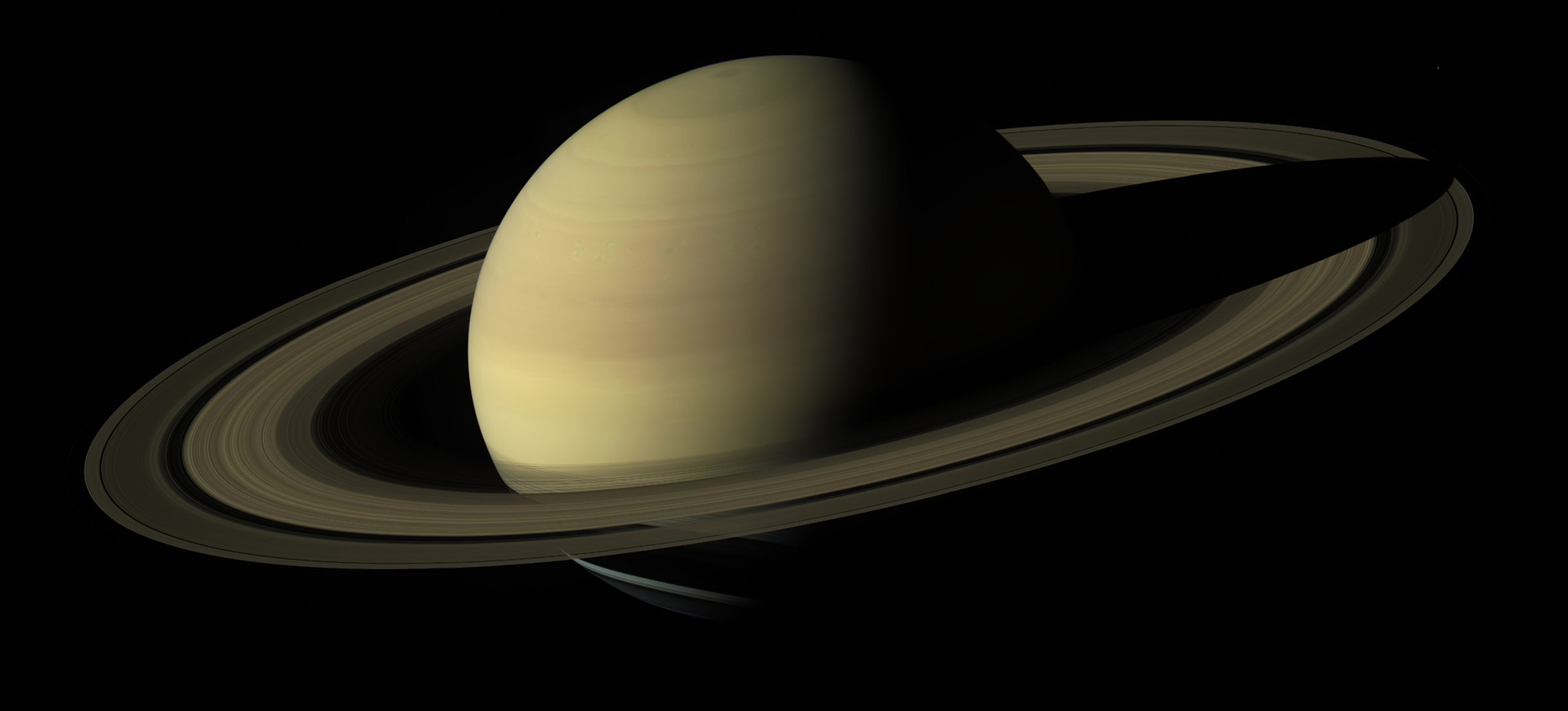Kate Howells • Apr 16, 2024
Is space science worth the money?
Space science costs money. To study the Universe and the worlds within it, we have to employ scientists, build observatories and research facilities, and launch spacecraft — among other things. So why is it worth the money? What does space science do for society?
What is space science?
Space science is a broad field that includes disciplines like astrophysics, cosmology, planetary science, and the study of space weather and space environments. Space science uses observational tools such as optical and radio telescopes, exploration missions such as orbiters and rovers, computational and theoretical methods, and more. All of this work aims to understand the origin, evolution, structure, and mechanics of the Cosmos and all that exists within it.
Why do we do space science?
Space science, like other forms of basic science, is done for the sake of better understanding the natural Universe in which we live. This has inherent value in and of itself. For as long as human civilization has existed, we have valued inquiry, discovery, and knowledge. Although practical applications of science have done wonderful things for our world, from medicine to flight to computing and much more, basic science is of value because we don’t know what we will discover. Some of what we learn will be valuable purely for the understanding and insight that it generates — but other discoveries may themselves become directly applicable to making our lives better, healthier, or improving our societies. This is the primary reason why we do space science: to know more about the Cosmos and ourselves.
The process of conducting space science also provides a societal benefit by being interrogative, rational, and collaborative. A society that cultivates these kinds of qualities enriches itself. That cultural richness is part of what gives science, including space science, value. Both the outcome (scientific knowledge) and the process (scientific inquiry) of space science are primary benefits.

Why space science is worth the money
Although governments around the world understand the value of basic science, it can be hard to prioritize its funding given the variety of competing needs within a nation. NASA’s space science programs in 2024 amount to roughly 0.1% of annual U.S. spending, which represents a decrease in recent years. As such, space science sometimes needs to rely on justifications beyond its intrinsic value.
In a famous 2007 speech, former NASA Administrator Mike Griffin differentiated between the “real” and “acceptable” reasons for exploring space. “Acceptable” reasons for space exploration are logical, quantifiable, policy-friendly justifications. The “real” reasons, on the other hand, are intuitive, grand, emotional, and difficult to quantify. Both types of reasons are valid, and together they help explain why space science is worth the investment.
Some of the “acceptable” reasons for space science involve economic payoffs. Research has found that countries that invest more in basic research, including space science, see a return on investment in their overall economic performance and growth. This effect is dispersed throughout the economy through highly skilled, well-paying jobs. It also has an indirect effect on the economy: Discovery leads to technology and invention, which leads to new products, jobs, and industries. While technology development isn’t the primary goal of space science, this kind of progress would eventually stagnate if basic scientific research were neglected.
Another policy-friendly reason to invest in space science is that many scientific missions are internationally collaborative and contribute to allyship with other nations. There is also the very pragmatic goal of understanding Earth, the planet on which we all depend, by studying other planets and their histories. Venus, for example, was once an Earth-like world that eventually devolved into an inhospitable hellscape. By understanding that planet, we can work to prevent a similar fate for our own.
But, as Griffin explains, much of what humans do, from falling in love with one’s spouse to enjoying one genre of music more than another, is based on emotional and intuitive motivations. This is a human characteristic, and it plays out in our drive to understand the Universe and our place within it. In many ways, this is why we invest in space science: we want to go to new places and discover new things, witness the beauty and majesty of the Cosmos, understand where we came from and what might be possible in our future, and achieve astonishing feats.
Awe, wonder, and inspiration are among the “real” reasons for conducting space science. These are benefits that people can enjoy but that are impossible to quantify or justify on a budget balance sheet. Still, they are some of the most powerful motivators for studying the Universe and our place within it.

Who pays for space science?
The vast majority of space science is funded by governments. This is true of many scientific fields since basic science (as opposed to applied science, such as pharmaceutical development) isn’t conducted for the benefit of shareholders or investors, but for the benefit of the public.
All of the reasons (both real and acceptable) why space science is worthwhile involve benefits that are shared among national, if not global, populations. When JWST sends back a mind-boggling image of a nebula, we all get to bask in the beauty of the Cosmos. When the Ingenuity Mars helicopter first took flight, we all got to marvel at the human accomplishment of flying a robot on another world. When life is someday discovered beyond Earth, all of humanity will be able to contemplate what it means to be a living thing in the Universe.
Space science is inherently for the public good and requires the kind of investments that governments are best positioned to make. By pooling together the resources of an entire population, we can enable great things that individuals or even corporations couldn’t afford to do alone.
How to advocate for space science
If you want to help build public support for space science funding, you can talk to others about the many reasons why it’s worth the investment. Depending on who you’re talking to, you might focus more on “real” reasons or “acceptable” reasons. For some people, the meaningfulness of scientific discovery might resonate more. For others, it might be the economic benefits. Many people will resonate with both types of justification.
The Planetary Society is dedicated to advocating for scientific space exploration. By becoming a member and joining our advocacy efforts like the annual Day of Action, you can help us make sure that the decision-makers who set NASA’s budget know just how important space science is to our world.
Support our core enterprises
Your support powers our mission to explore worlds, find life, and defend Earth. You make all the difference when you make a gift. Give today!
Donate

 Explore Worlds
Explore Worlds Find Life
Find Life Defend Earth
Defend Earth

